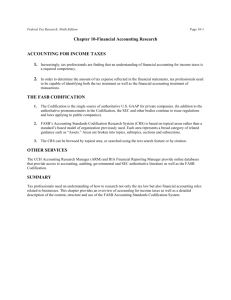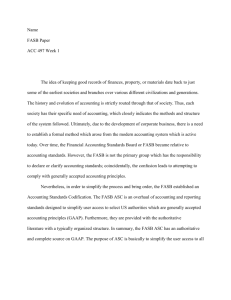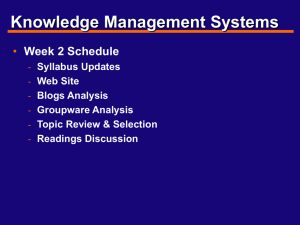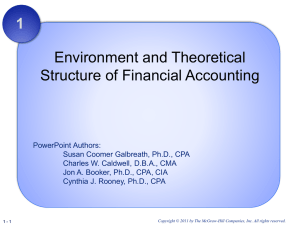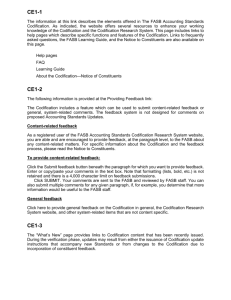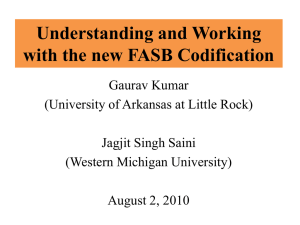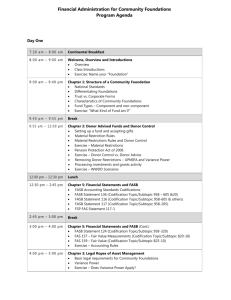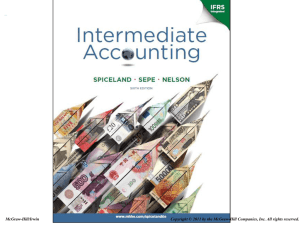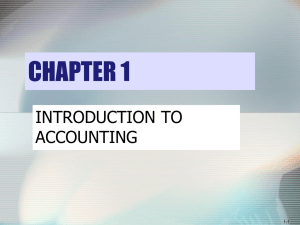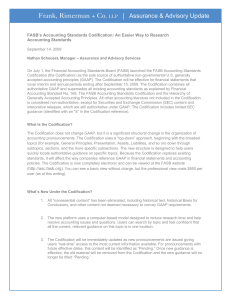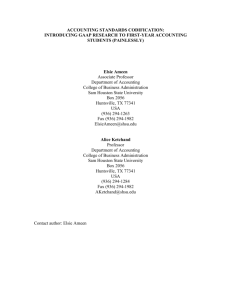FASB Moves to Codify US GAAP
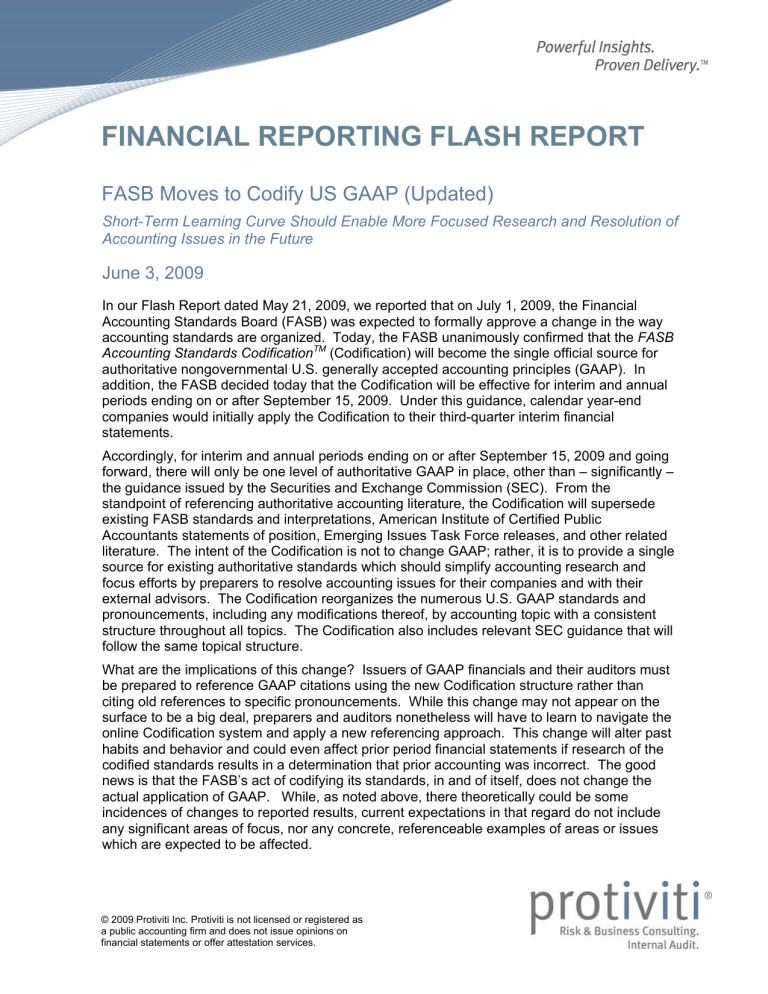
FINANCIAL REPORTING FLASH REPORT
FASB Moves to Codify US GAAP (Updated)
Short-Term Learning Curve Should Enable More Focused Research and Resolution of
Accounting Issues in the Future
June 3, 2009
In our Flash Report dated May 21, 2009, we reported that on July 1, 2009, the Financial
Accounting Standards Board (FASB) was expected to formally approve a change in the way accounting standards are organized. Today, the FASB unanimously confirmed that the FASB
Accounting Standards Codification
TM
(Codification) will become the single official source for authoritative nongovernmental U.S. generally accepted accounting principles (GAAP). In addition, the FASB decided today that the Codification will be effective for interim and annual periods ending on or after September 15, 2009. Under this guidance, calendar year-end companies would initially apply the Codification to their third-quarter interim financial statements.
Accordingly, for interim and annual periods ending on or after September 15, 2009 and going forward, there will only be one level of authoritative GAAP in place, other than – significantly – the guidance issued by the Securities and Exchange Commission (SEC). From the standpoint of referencing authoritative accounting literature, the Codification will supersede existing FASB standards and interpretations, American Institute of Certified Public
Accountants statements of position, Emerging Issues Task Force releases, and other related literature. The intent of the Codification is not to change GAAP; rather, it is to provide a single source for existing authoritative standards which should simplify accounting research and focus efforts by preparers to resolve accounting issues for their companies and with their external advisors. The Codification reorganizes the numerous U.S. GAAP standards and pronouncements, including any modifications thereof, by accounting topic with a consistent structure throughout all topics. The Codification also includes relevant SEC guidance that will follow the same topical structure.
What are the implications of this change? Issuers of GAAP financials and their auditors must be prepared to reference GAAP citations using the new Codification structure rather than citing old references to specific pronouncements. While this change may not appear on the surface to be a big deal, preparers and auditors nonetheless will have to learn to navigate the online Codification system and apply a new referencing approach. This change will alter past habits and behavior and could even affect prior period financial statements if research of the codified standards results in a determination that prior accounting was incorrect. The good news is that the FASB’s act of codifying its standards, in and of itself, does not change the actual application of GAAP. While, as noted above, there theoretically could be some incidences of changes to reported results, current expectations in that regard do not include any significant areas of focus, nor any concrete, referenceable examples of areas or issues which are expected to be affected.
© 2009 Protiviti Inc. Protiviti is not licensed or registered as a public accounting firm and does not issue opinions on financial statements or offer attestation services.
With available technology, research tools and enabling search engines, the change should not be difficult; however, for many, there will be a transition which should be separated into two distinct levels of effort. First, there is the “project” of migrating policies and procedures and related references from old standard citations to new codified GAAP citations. Second, there is the “process” of performing research on pending and new accounting and reporting issues.
Awareness is important, as surveys indicate there are many practitioners who are not aware of the FASB’s Codification efforts. Companies would be wise to establish a policy on incorporating GAAP citations in internal memoranda using the new Codification structure to avoid referencing incorrect or outdated sources, and thereby avoid the potential issue of having to address any related perceived deficiencies in their internal control over financial reporting around accounting research and personnel capabilities. From a practical standpoint, the new structure will likely not replace the interpretations of accounting standards that are created by the national offices of the accounting firms and are applied by those firms in the field – only the citations these firms use will be affected. Accordingly, a process of interacting with advisors and auditors, and doing so collaboratively and preemptively, will still be in a company’s best interests
Additional information about the Codification, including a free online tutorial, a recorded instructional webcast, a Codification Q&A and link to the Codification website that houses the codified accounting standards, can be obtained at http://www.fasb.org/ .
© 2009 Protiviti Inc. Protiviti is not licensed or registered as a public accounting firm and does not issue opinions on financial statements or offer attestation services.
Protiviti | 2
